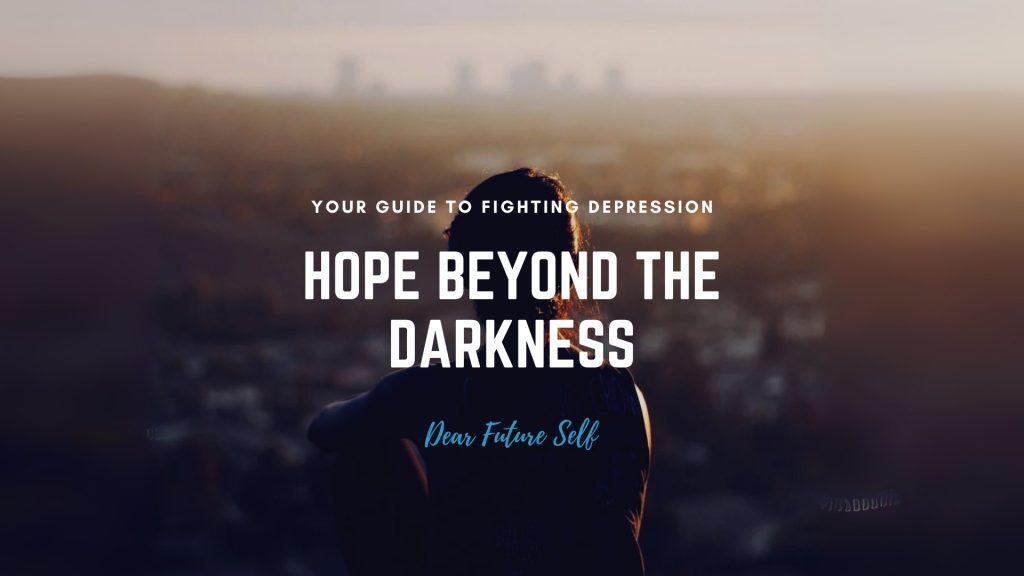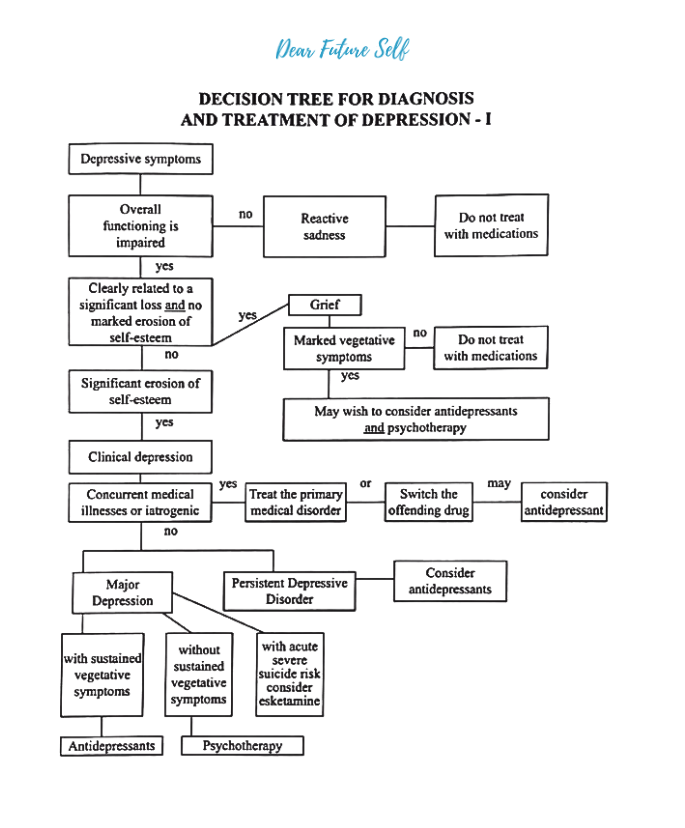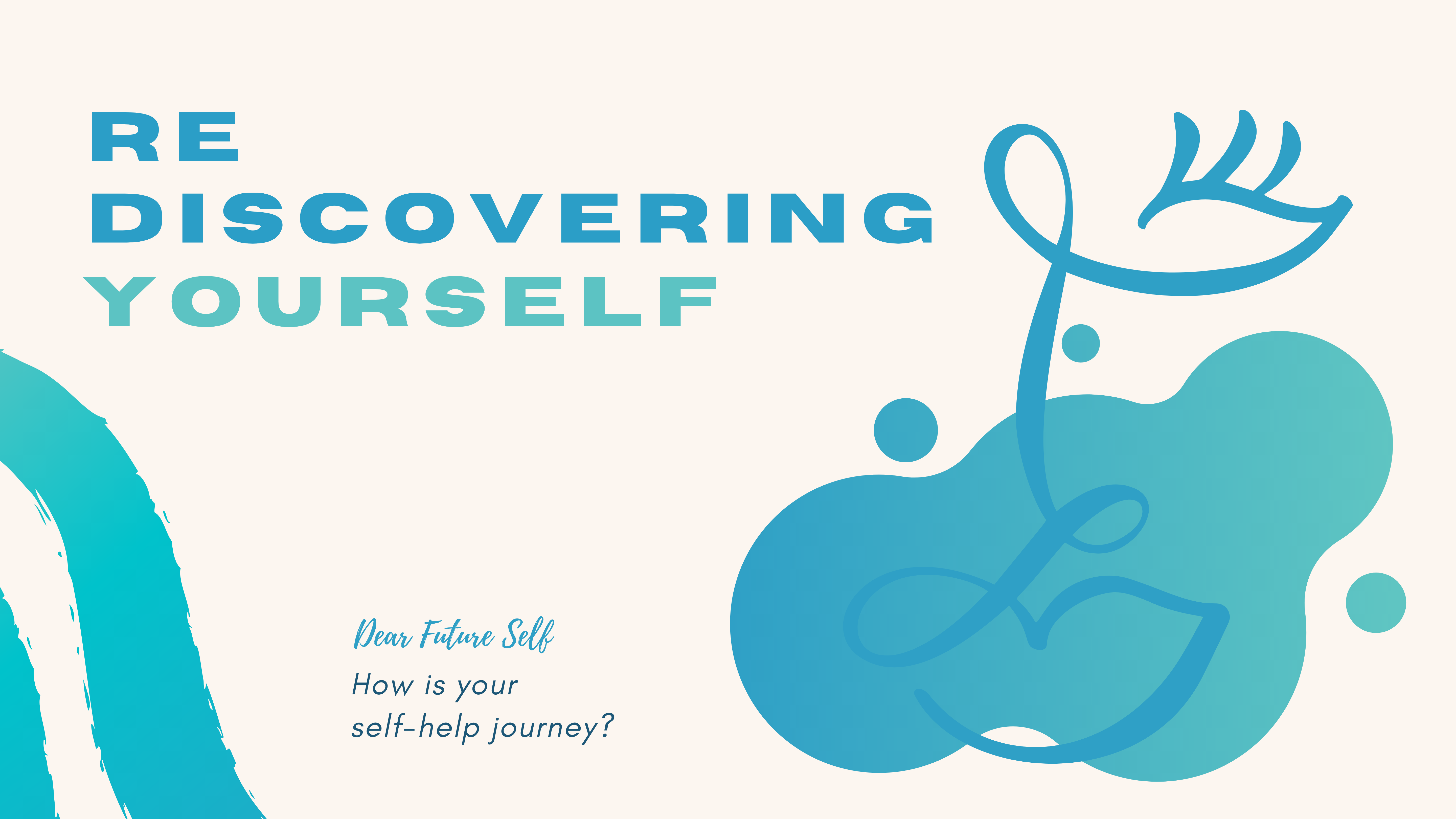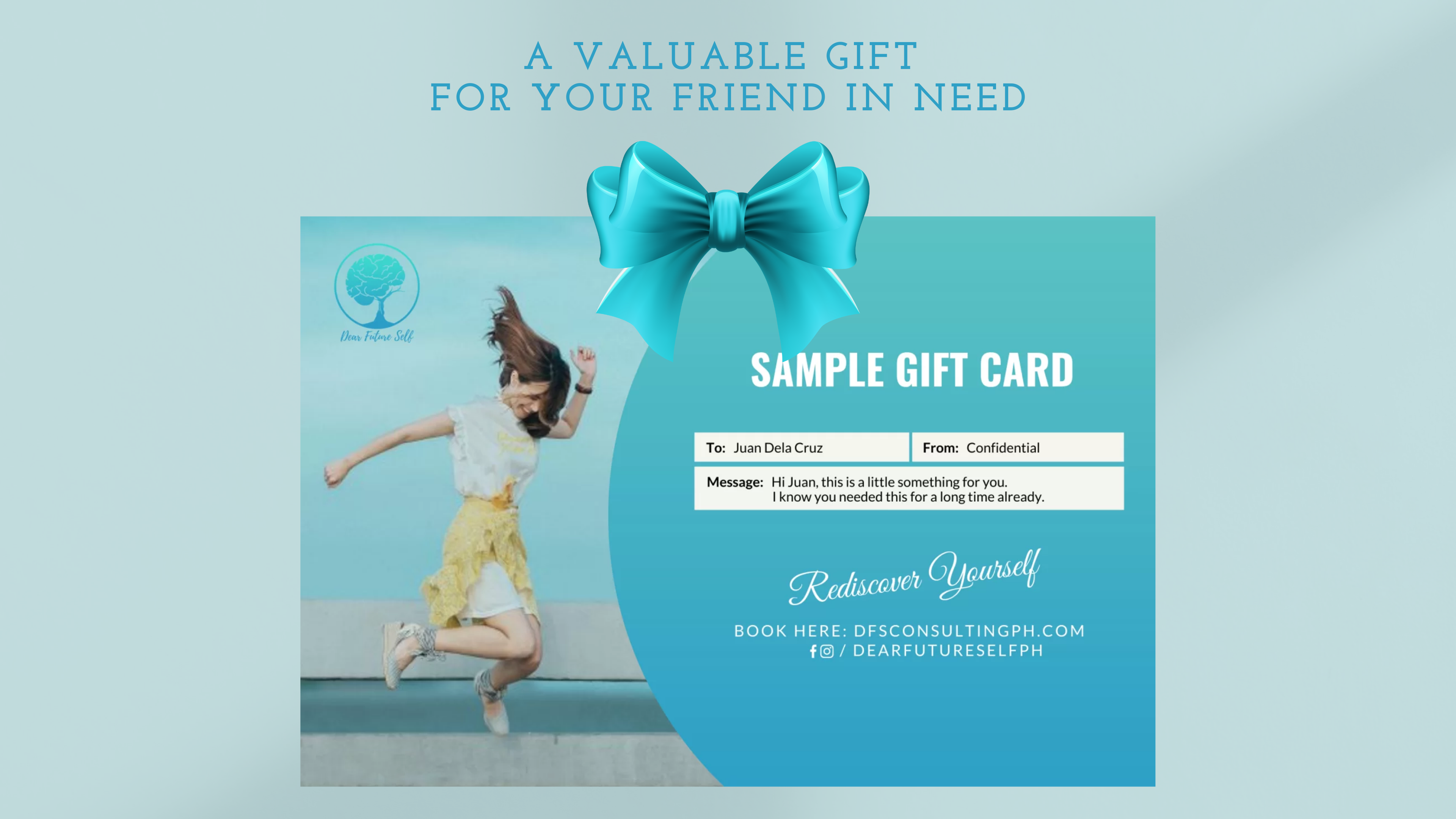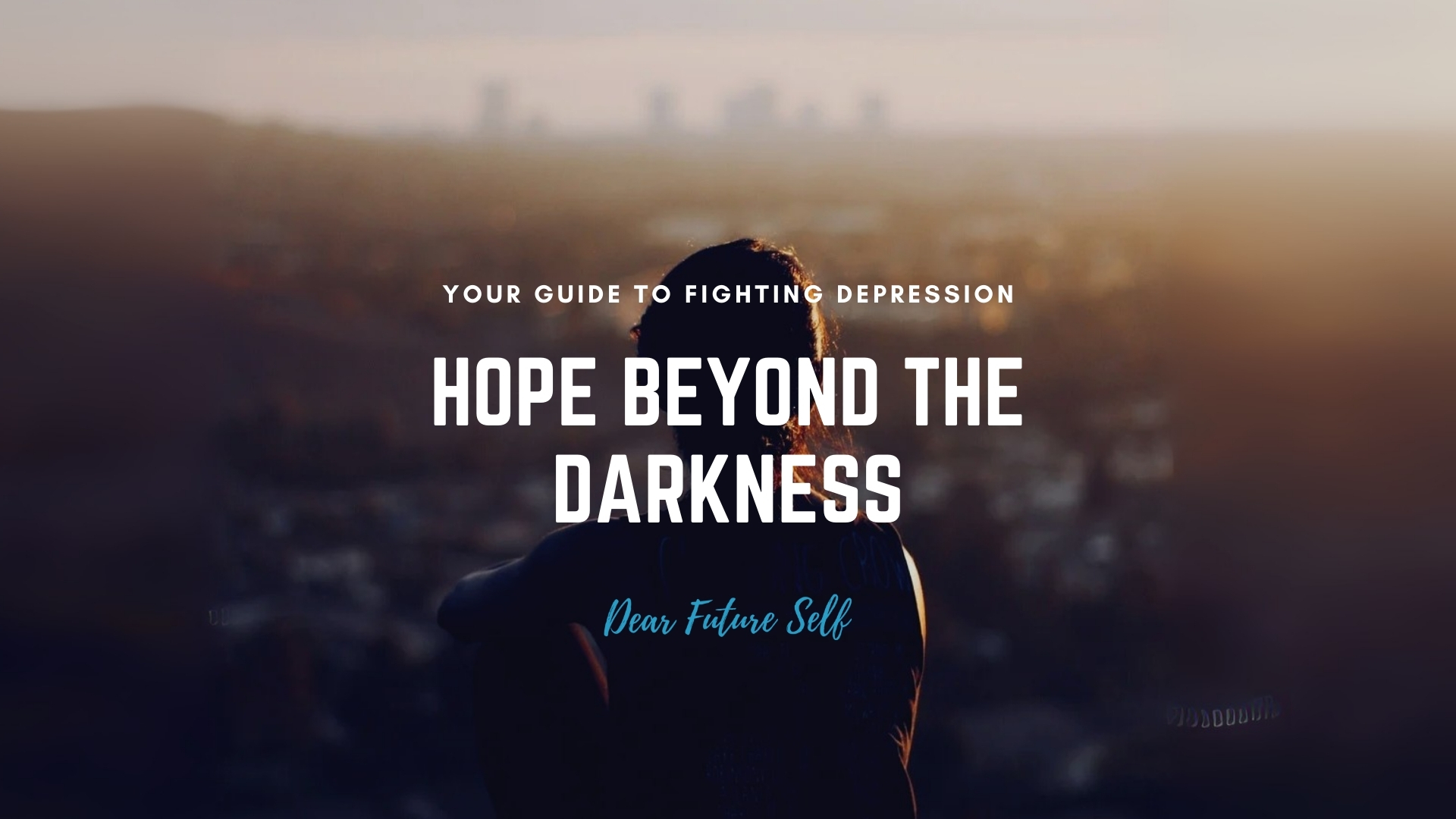
11 Jul Hope Beyond the Darkness: Guide to Fighting Depression
Understanding Depression: A Guide to Recognizing, Managing, and Overcoming It
Depression is more than just feeling sad or having a bad day. It is a common but serious mental health condition that affects how a person thinks, feels, and handles daily activities. If you or someone you know is struggling with depression, understanding it is the first step toward healing.
What Is Depression?
Depression, clinically known as major depressive disorder, is characterized by persistent feelings of sadness, emptiness, or hopelessness that last for at least two weeks. It can affect anyone, regardless of age, gender, or background.
Common symptoms include:
- Persistent sadness or low mood
- Loss of interest in activities once enjoyed
- Fatigue or low energy
- Changes in appetite or weight
- Sleep disturbances (too much or too little)
- Difficulty concentrating
- Feelings of worthlessness or excessive guilt
- Thoughts of death or suicide
What To Do When You’re in a Downward Spiral
If you find yourself feeling hopeless, helpless, or overwhelmed by negative thoughts, remember that you are not alone—and there are things you can do right now to help yourself:
- Reach Out for Support
Talk to a trusted friend, family member, or mental health professional. Sharing your feelings can lighten your emotional burden. - Focus on Small Steps
When everything feels too much, break your day into manageable tasks. Even simple acts like showering, eating, or stepping outside for fresh air count. - Practice Self-Compassion
Depression can make you feel like you’re failing, but it’s a medical condition, not a personal weakness. Treat yourself with kindness. - Use Grounding Techniques
Activities such as deep breathing, mindfulness, or focusing on your senses can help you stay connected to the present moment. - Avoid Alcohol and Drugs
While it might seem like they offer temporary relief, substances often worsen depression in the long run.
How Can You Fight Depression?
Recovering from depression is possible, and many people lead fulfilling lives after treatment. Here are ways to actively fight depression:
- Seek Professional Help: Psychotherapy (like cognitive-behavioral therapy) and medication can be very effective. A mental health professional can tailor a treatment plan just for you.
- Maintain a Routine: Establishing daily habits helps provide structure and a sense of normalcy.
- Exercise Regularly: Physical activity releases mood-boosting chemicals in the brain.
- Stay Connected: Social support is vital. Stay in touch with loved ones even if you don’t feel like it.
- Prioritize Sleep: Good sleep hygiene improves mood and energy.
- Set Realistic Goals: Celebrate small victories and be patient with yourself.
When to Seek Immediate Help
If you have thoughts of harming yourself or suicide, please seek help immediately. Contact emergency services, a crisis hotline, or reach out to a trusted person who can support you right away.
Connect with Dear Future Self PH
At Dear Future Self PH, we understand the challenges depression brings, and you don’t have to face it alone. Our compassionate mental health professionals are here to listen, support, and guide you on your journey to recovery. Whether you need counseling, guidance, or just someone to talk to, we are ready to help.
Reach out today and take the first step toward healing your mind and reclaiming your future.
Frequently Asked Questions (FAQs) About Depression
Q: What causes depression?
A: Depression can be caused by a combination of genetic, biological, environmental, and psychological factors. Stressful life events, chemical imbalances in the brain, trauma, or family history can all contribute.
Q: Is depression just feeling sad?
A: No. While sadness is a part of depression, it involves persistent feelings that affect your ability to function in daily life, including changes in sleep, appetite, energy, and concentration.
Q: Can depression be treated?
A: Yes! Depression is highly treatable through therapy, medication, lifestyle changes, or a combination of these. Early intervention often leads to better outcomes.
Q: How long does depression last?
A: The length varies per person. Some recover in a few weeks or months, while others may have longer episodes. Treatment helps shorten the duration and reduce severity.
Q: Can I fight depression on my own?
A: While small self-care steps help, depression often requires professional support. Don’t hesitate to reach out to mental health professionals for guidance and treatment.
Q: What should I do if I’m having suicidal thoughts?
A: Seek immediate help by contacting emergency services, a crisis hotline, or trusted individuals. You’re not alone, and there are people ready to support you.
Q: How can friends or family support someone with depression?
A: Listen without judgment, encourage them to seek help, be patient, and offer practical support like accompanying them to appointments or helping with daily tasks.
Q: How would I know if I need therapy or medication?
Remember: Depression is treatable. With the right help and support, there is hope and a path forward.
What can you do now to spare your ![]() from depression?
from depression?
Self-Help Corner
Seek Professional Help

Gift Certificates & Self-Care Package
Connect with Us


